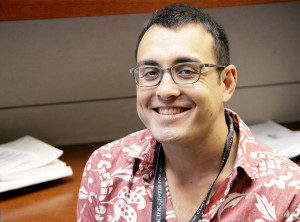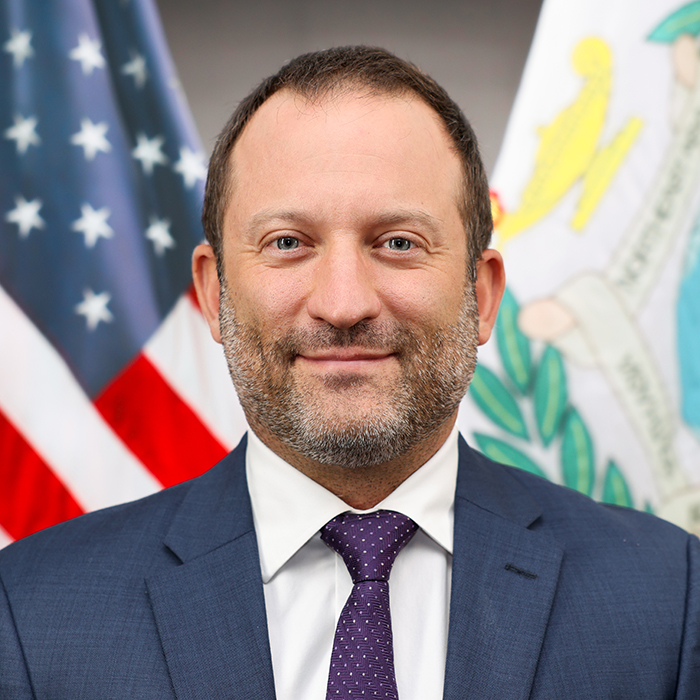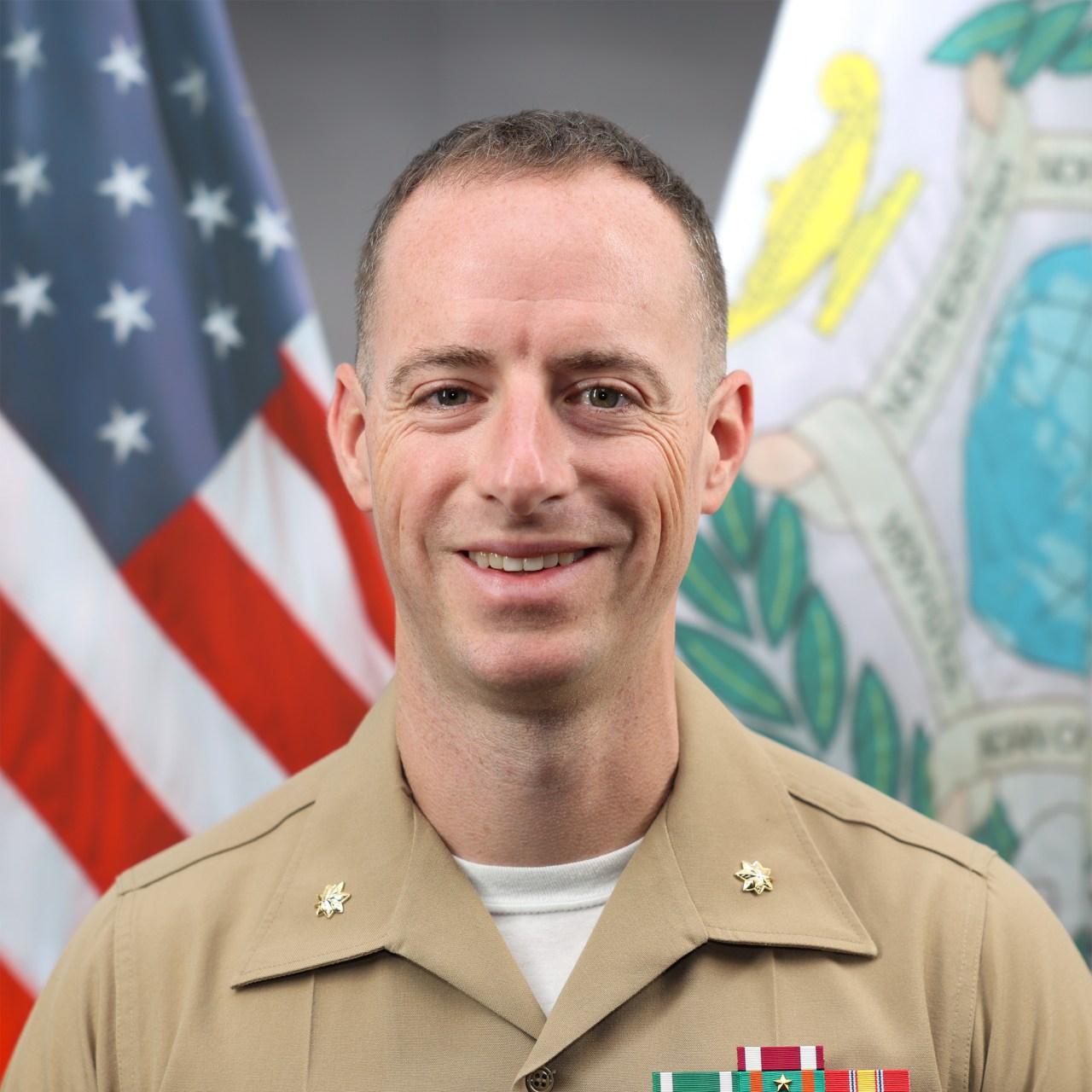Dr. Van Jackson has become the newest faculty member at the Daniel K. Inouye Asia-Pacific Center for Security Studies.
Jackson brings with him knowledge in international security policy with a particular emphasis on Asia. He’s applied this expertise as a teacher, researcher and advisor in the Washington D.C. area, including positions with two universities and the Department of Defense.
“I come from the place that sets priorities for us (DKI APCSS), so I have a pretty fresh Washington perspective,” said Jackson, adding, “My entire career has been translating Asian perspectives, Asian needs, the security environment in Asia for America’s security leaders. I’ve been a bridge between Washington and Asia, much like what the Center is.”
Jackson’s specific areas of expertise are Northeast Asian security, strategic studies, military trends and modernization, and international relations theory. As a faculty member, he will lead plenary topical discussions, conduct elective courses and serve as a seminar facilitator in resident courses and regional workshops. His work will enhance the leadership and problem solving skills of security practitioners throughout the Asia-Pacific region with the objective of improving regional governance.
Jackson’s education background includes a doctorate degree in politics from the Catholic University of America. He’s also earned master’s degrees in international relations from Troy University and world politics from Catholic University. His bachelor’s degree is in Asian Studies from the University of Maryland.
Prior to his DKI APCSS appointment, Jackson served as a Council on Foreign Relations International Affairs Fellow in residence at the Center for a New American Security. He concurrently held teaching and research positions at Georgetown University and the Catholic University of America. Among courses he taught were “Comparative Defense Policies of the Asia-Pacific” and “Grand Strategy and U.S. Foreign Policy.”
From 2009 to 2014, Jackson also worked several projects in the Office of the Secretary of Defense relating to long-term defense policy planning for the Asia-Pacific region. He co-managed, for example, the $30 million Minerva Research Initiative that connected U.S. policy makers with academic research ranging from tends in Chinese science and technology to perceptions of certain nations of U.S. strategy in Asia.
A prolific writer, Jackson’s work is published in several books and international policy reports. Among his most influential writings was a special report for the National Bureau of Asian Research entitled “Reshaping the Rebalance: How the 114th Congress Can Advance U.S. Asia Strategy,” which became the basis for his expert testimony before the House Committee on Foreign Affairs, Subcommittee on Asia and the Pacific earlier this year.
Jackson joins a faculty team that builds greater understanding of the socio-economic, political, defense, health and environmental issues impacting the region’s security structure. They also promote multilateral cooperation in addressing issues that are often transnational in scope.
“This is a unique place – no other institution offers the opportunity to teach people that are educated, upwardly mobile and influential in the region and still be connected to policy and do research,” Jackson related. “This is what makes the Center a special organization.”
DKI APCSS is a Department of Defense institute that addresses regional and global security issues. Military and civilian representatives, most from the United States and Asia-Pacific nations, participate in a comprehensive program of executive education, professional exchanges and outreach events, both in Hawaii and throughout the Asia-Pacific region.
The Center supports U.S. Pacific Command by developing and sustaining relationships among security practitioners and national security establishments throughout the region. APCSS’ mission is to build capacities and communities of interest by educating, connecting and empowering security practitioners to advance Asia-Pacific security. It is one of the Department of Defense’s five regional security studies centers.
-USN-











Leave A Comment